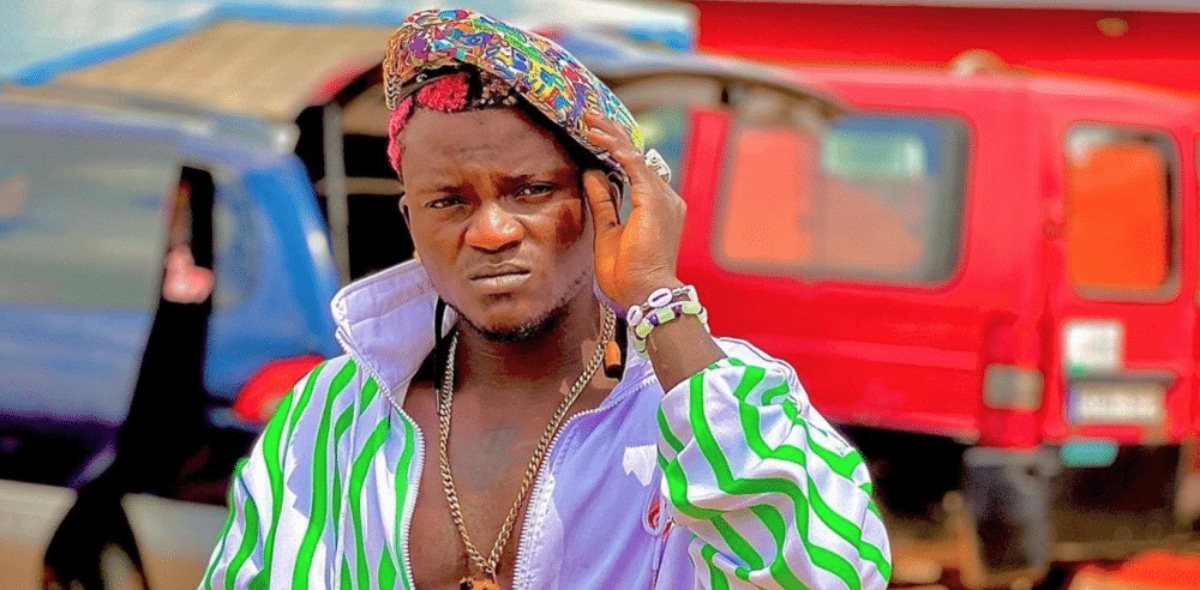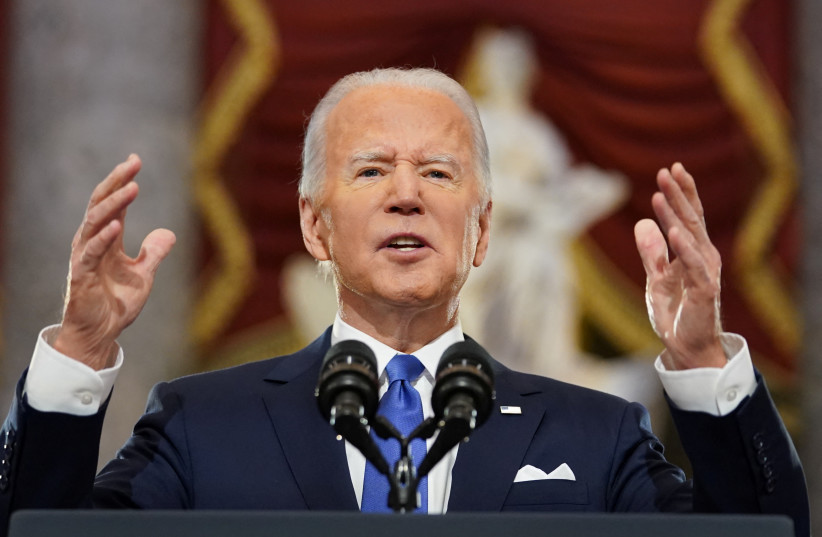It was just six weeks after giving birth that Laurie Kanyok visited her gynecologist Robert Hadden at Columbia University for a post-partum checkup in 2012. When a nurse working with Hadden left the room, he assaulted Kanyok.
“There was no one else in the room. I was naked in a paper gown. And here’s a man that had the guts to orally assault me,” Kanyok told NBC News. “All these things go through your mind. Who do I speak to? How do I get out of here? Who’s going to believe me? It’s my word against his.”
Kanyok contacted the police, triggering a decadeslong struggle for justice for hundreds of patients who said they were abused by Hadden over his career at Columbia. In an exclusive group interview, NBC News spoke with five of the women who said their lives were changed after they were sexually assaulted by Hadden.
Former Manhattan District Attorney Cy Vance launched an investigation and brought charges in 2014, alleging Hadden sexually abused his patients. Hadden reached an agreement with Vance in 2016 and pled guilty to one felony count of a criminal sex act in the third degree and one misdemeanor count of forcible touching. He surrendered his medical license as part of the agreement but served no jail time.
Hadden was later federally indicted in 2020 on eight criminal counts of bringing female patients across state lines for the purpose of sexual abuse from 1993 to 2012. He was sentenced to 20 years in prison last year after federal prosecutors proved he had abused patients at Columbia University and its affiliated hospitals.
Hadden’s attorneys did not respond to requests for comment.
Dian Monson — assaulted by Hadden during her second pregnancy — wrote a letter of complaint to Columbia University in 1994 detailing the abuse. The university, according to Monson, responded and said they would investigate, but she never heard from them again.
“They’d had a heads up,” she said, “a very detailed heads up, and they just ignored it.”
Eva Santos-Veloz, who was 18 when Hadden assisted her emergency delivery, said he touched her in uncomfortable ways and sometimes without gloves during her 18-hour labor. She too said her complaints were dismissed. “I did try to speak up when it happened in the hospital,” she said, “and I was just told that I was overreacting, that it had to do with me just giving birth a few hours before.”
Columbia University agreed to settle at least two suits in 2021 and 2022 brought by over 200 of Hadden’s former patients, amounting to more than $200 million.
“Columbia failed these survivors, and for that we are deeply sorry,” said Minouche Shafik, president of Columbia University, and Dr. Katrina Armstrong, chief executive officer of Columbia University Irving Medical Center, in a statement.
CUIMC said it’s taking a number of steps to “repair and rebuild trust,” including notifying former patients of Hadden’s conviction, creating a settlement fund for survivors, reviewing its patient safety protocols and enlisting an outside investigator to “determine the circumstances” that enabled Hadden’s abuse, according to a statement.
But survivors told NBC News the settlements will never undo the harm caused by Hadden. Santos-Veloz said, “no amount of money is going to make me feel comfortable when I walk in a clinic or for me to see a doctor.”
Many of the women said they are re-traumatized in medical settings because of Hadden’s abuse.
“It’s a hard trauma that’s within our bodies,” said Maldonado. “Sometimes you don’t even realize it’s triggering and you show up to an appointment and start having an anxiety attack.”
Marissa Hoechstetter, who was also pregnant while a patient of Hadden’s, said, “If we really want to move forward from this, we need to be able to reflect on what happened, how it happened and how we can prevent it from happening again.”
Anthony Dipietro, an attorney for several of the women who spoke to NBC News, said he is currently representing over 500 clients against Columbia University and Hadden.
Maldonado said she hopes speaking out will encourage other survivors to come forward and seek support.
“Don’t be afraid,” said Maldonado. “You’re not alone.”
Chloe Atkins reports for the NBC News Investigative Unit, based in New York. She frequently covers crime and courts, as well as the intersection of reproductive health, politics and policy.
Kenzi Abou-Sabe is a reporter and producer in the NBC News Investigative Unit.
Merritt Enright is an associate producer with the NBC News Investigative Unit.
Kevin Portilla
contributed
.
Note: This article have been indexed to our site. We do not claim legitimacy, ownership or copyright of any of the content above. To see the article at original source Click Here















